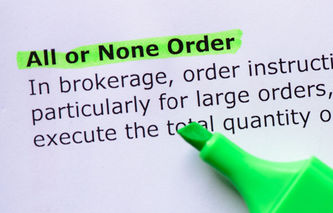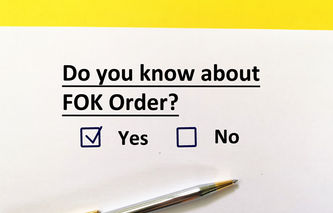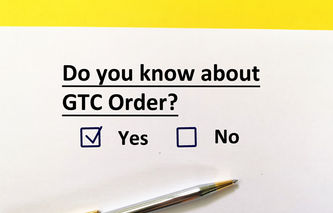Definition
The term Good-Til-Date refers to instructions sent to a broker that specify how long an order will remain active if it is not fully executed or filled. Good-Til-Date orders are one of several types of Time-in-Force orders, which provide traders with additional flexibility beyond day orders.
Explanation
Good-Til-Date (GTD) orders are one of several types of Time-in-Force orders, which allow traders to specify how long an order will remain active if it is not filled. While the exact rules for GTD may vary between brokers, the trader may be able to specify both an expiration time as well as a date.
The expiration date must be a day the market is open. If a Time-in-Force instruction is not specified, an order that is not executed will expire at the end of the trading day. Brokers can also limit the duration of a GTD order to 90 days. A GTD order may also automatically cancel on the last trading day of each calendar quarter.
Good-Til-Date orders are usually combined with a buy or sell limit order, and a stop or stop limit order. This provides the trader with the option of placing an order with a strike price that may be very different than the current market price. It's also possible for a GTD order to partially execute, meaning an entire order is not filled. If this occurs, the order will remain open until it expires or it is completely filled.








